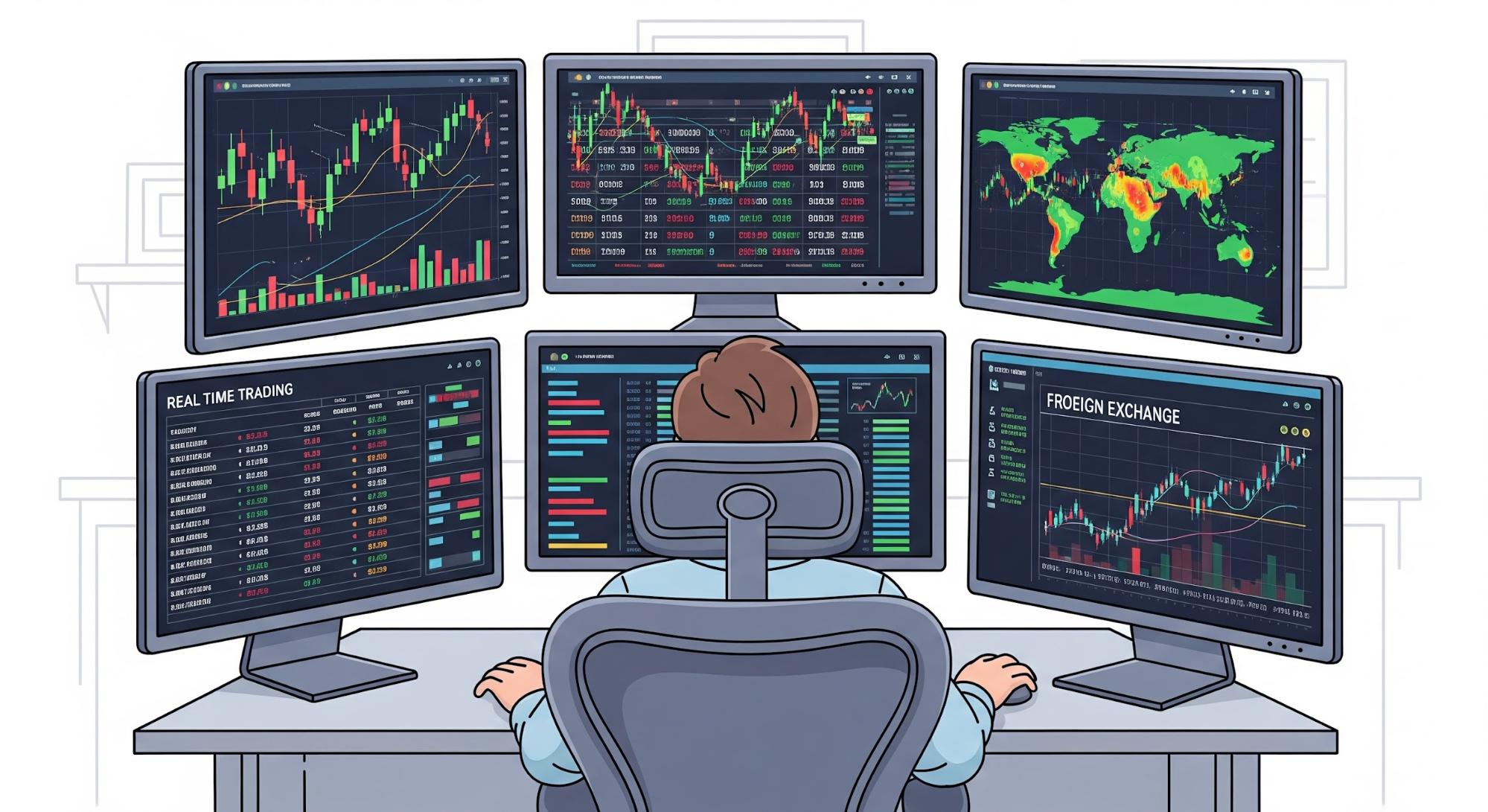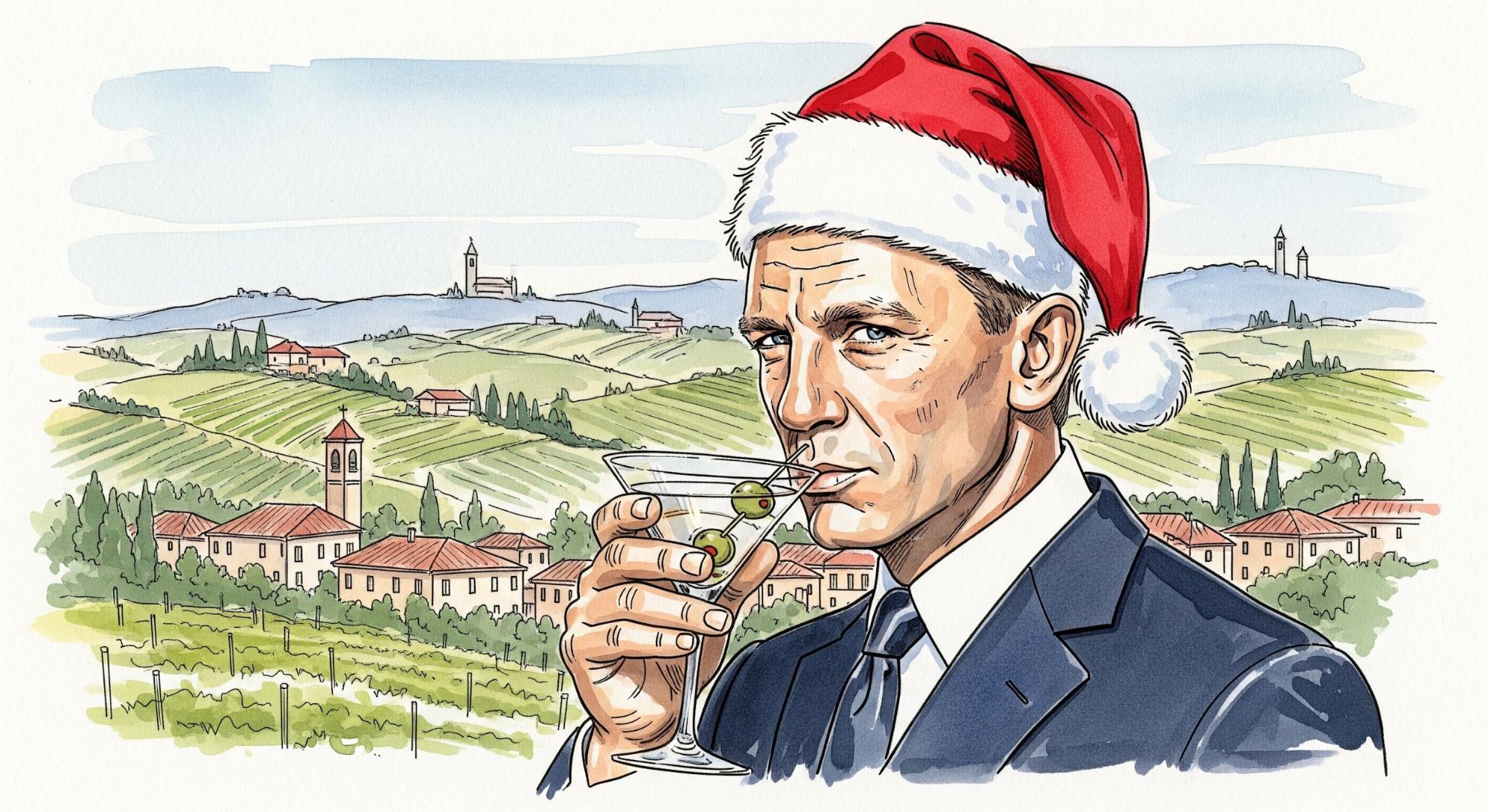Posted October 25, 2024
By Sean Ring
Open Borders Dystopia
I’ve been an immigrant five times.
If you’re new to the Rude, you may not know I’ve lived around the world. But each time I settled in a new country, I needed to seek permission to do so.
When I moved to London, aged 24, my bank had to secure a visa for me to work there. Without that, I wouldn’t have been able to leave America.
When I was 34, I needed to overcome Singapore’s notorious restrictions to emigrate there. Then, at age 40, my company needed to get me a visa to live in Hong Kong.
At 43, I needed a spousal visa to live in the Philippines. Finally, I needed an Italian passport to settle here in Italy.
The point is, I didn’t rock up in a dinghy expecting benefits.
Those countries needed to know a few things.
Would I be taking a job away from a native? Would I reasonably integrate? Would I cause any trouble? Would I contribute to the economy?
Economists and business leaders who only tout long-term GDP growth as the reason we absolutely must accept open borders miss all the damage done in the interim.
Only countries as fat, complacent, and content as the US, the UK, and the EU take open borders seriously. Countries who have to live in reality think it’s bonkers.
And giving away citizenship like it’s free candy? It’s utter nonsense.
My son was born in Hong Kong. Does he have a Chinese passport? Nope. You’ve got to be ethnic Chinese to get a Chinese passport, which makes sense to me. The same goes for India.
Sure, if you integrate and are happy to be a citizen of a country you weren’t born in, be my guest. I’ve got British and Italian passports. But I drink like a Brit - or at least, I used to - and eat like an Italian, among other things.
The problem isn’t migration, per se. It’s the swarms of strangers overwhelming border forces that are a problem. And the huddled masses yearning to breathe free? There are masses… and 11 million people are crossing a border—a big difference.
I read two things today that spurred me to think about this: Ryan McMaken’s excellent article for mises.org and Canadian Prime Minister Justin Trudeau’s tweet for help.
First, The Tweet
The loathsome Prime Minister of Canada, Justin Trudeau, who the Canadians can’t bother to throw out, posted this on X yesterday.

I’m delighted Canada is so broke it needs to curb immigration. Apparently, the country is unrecognizable.
Hold this thought until later.
McMaken’s Piece
Ryan McMaken penned a gem of a piece for mises.org called “Haiti: Why Open Borders Don’t Work in the Developing World.”
He writes:
Contrary to the naïve thought experiments of open-borders economists like Bryan Caplan, large and fast demographic changes brought about by unrestrained migration impose many costs on natives. These costs diminish or cancel out what gains that might be realized from the import of cheap labor. Rather, large flows of migrants produce domestic conflict, geopolitical tensions, and calls for more active government intervention. All of this diminishes the quality of life and standard of living of the native population. Open-border advocates, however, would have us believe that open borders bring nothing but net benefits. These claims are “supported” with economic models showing that migrants eventually bring about increases in GDP.
In real life, however, the situation is far more complicated. Migrants are not mere “economic inputs” like manufactured goods, but are persons that impact local realities like tax burdens and government amenities. Moreover, migrants tend to demand procedural political rights such as citizenship and voting. Often, these migrations are easily managed when they take place gradually, and thus, their economic benefits are more unambiguous. Unrestrained, large-scale migrations, on the other hand, are quite different.
However, even large, rich countries, like the US, have trouble absorbing a large influx of immigrants. Europe and the UK are case studies of disastrous migration policies, and Canada has joined that sad club.
The Problems with Mass Immigration
Economic Pressures on Low-Skilled Workers
The economic arguments for open borders usually hinge on GDP growth and overall economic “gains.” However, advocates ignore how this growth is distributed. When there is an influx of workers willing to accept lower wages, low-skilled native workers are forced to accept reduced wages and increased job competition.
In short, ditch diggers need their land to dig the ditches. When someone else encroaches, they have nowhere to go.
The U.S. has seen wage stagnation in lower-skilled jobs as employers exploit labor surpluses created by high immigration.
A similar situation occurred in the UK following the expansion of the European Union in 2004, when lower-wage sectors experienced suppressed wages due to a surge in labor from Eastern European countries. I was there. I saw it. While companies benefited from reduced labor costs, the local working class bore the economic brunt. Hence, Brexit.
Social and Cultural Challenges
Open-border advocates often romanticize integration, yet integration is not guaranteed. When communities experience sudden demographic shifts, social friction ensues. Native populations accustomed to a particular way of life, shared values, and local customs are threatened by an influx of people with different cultural backgrounds, religions, and customs. This isn’t a matter of intolerance but a practical reality—large-scale immigration introduces complexities in fostering unity. In short, it lowers trust.
Moreover, cultural integration requires time, willingness, and often limited resources. When immigrants arrive in significant numbers, the pressure to integrate them can stretch already limited social resources, creating enclaves rather than integrated communities.
In countries like France, for example, the rapid rise in immigration has led to the banlieue. In these suburban areas, immigrant communities live in isolation from mainstream society, creating friction and a sense of disenfranchisement among both groups.
Fiscal and Welfare Strain
Every citizen pays into and benefits from their nation's welfare system. In many Western countries, welfare systems are already stretched thin; large-scale immigration exacerbates this. Immigrants often rely on welfare services to settle in new countries, which puts pressure directly on natives' tax contributions.
In Germany, following the 2015 Merkel migrant crisis, significant resources were diverted to accommodate the influx of refugees, resulting in increased taxation and government borrowing. While humanitarian aid is laudable, the financial burden posed by open-border policies is not sustainable in the long term, particularly for middle—and low-income native citizens who feel the impact of resource reallocation in real-time.
The Solution
Trudeau, oddly enough, finally did the right thing. And there’s precedence for it.
The Immigration Act of 1924, known as the Johnson-Reed Act, imposed a significant immigration moratorium. This act set stringent quotas, ending the era of mass immigration. The act introduced national origin quotas, limiting immigration to 2% of each nationality based on the U.S. census of 1890.
This act imposed a moratorium on immigration for many groups, especially those from non-Western European countries, as it sharply limited the overall number of immigrants allowed each year.
This restriction continued until the Immigration and Nationality Act of 1965 abolished the quota system and reopened immigration to a broader, more diverse set of countries.
Wrap Up
Those advocating open borders would do well to consider the legitimate concerns of native populations, particularly those who already face economic and social challenges.
Responsible immigration policy respects borders.
Open borders may be a nice idea in a world of finite resources and distinct cultures, but their costs are borne disproportionately by the people it claims to uplift.
Have a wonderful weekend!

It's Been a Metals Year... and a Pick!
Posted January 02, 2026
By Sean Ring

The U.S. Equity Indices and What They Mean
Posted December 30, 2025
By Sean Ring

The Shape of Things to Come
Posted December 29, 2025
By Jim Rickards

A Copper Melt-Up in 2026, and “Tech” Meltdown
Posted December 26, 2025
By Byron King

Bonding Over Christmas
Posted December 25, 2025
By Sean Ring

